


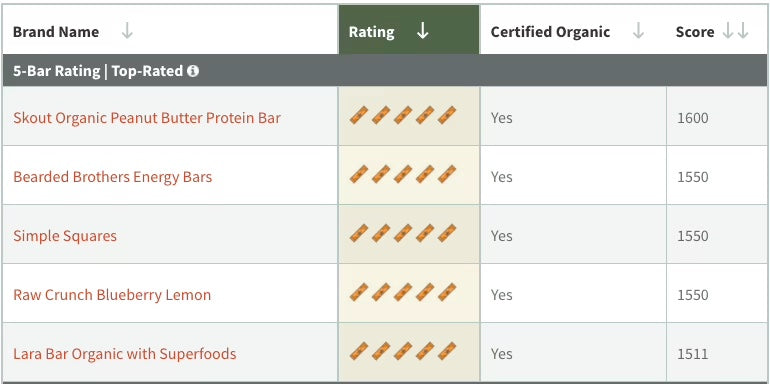
The Cornucopia Institute released a report looking at a number of nutrition bars and identifying bars that are truly healthy and made with clean and quality ingredients.
We're so proud to announce that our Peanut Butter Protein Bar has ranked #1 on their Nutrition Bar scorecard with a perfect score of 1600!
Made with only 4 ingredients (Organic Dates, Organic Peanuts, Pink Himalayan Salt, and Organic Virgin Coconut Oil) our peanut butter bars are at the intersection of clean labels and incredible taste and texture.
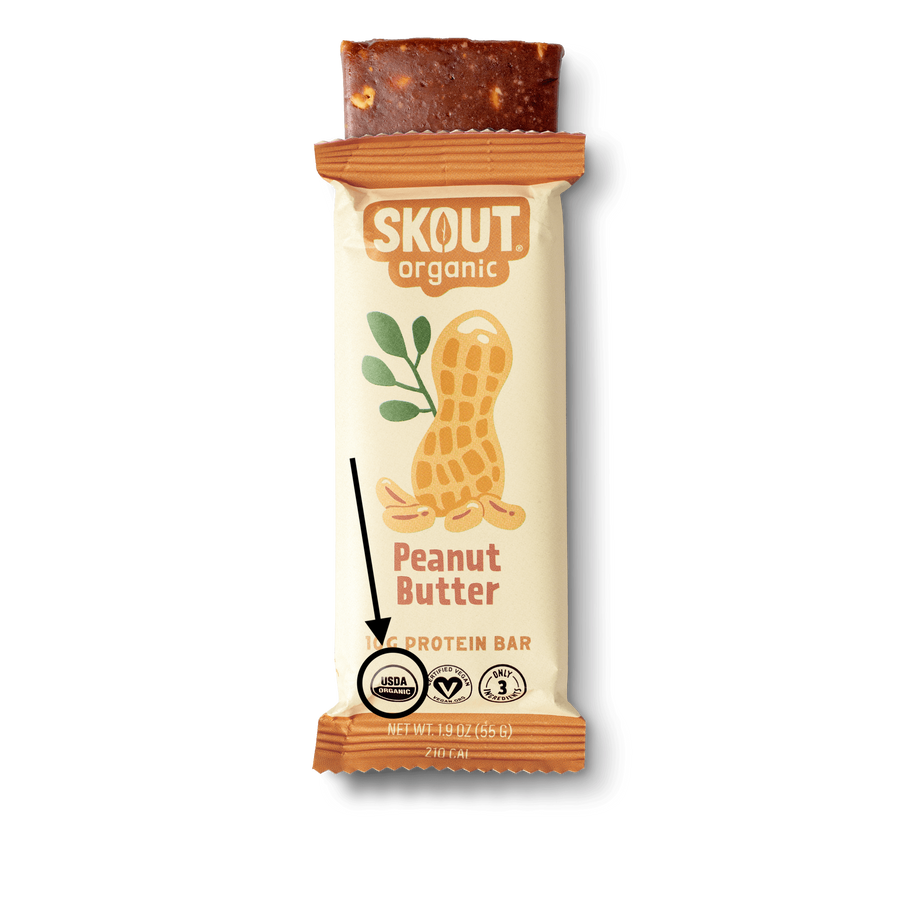
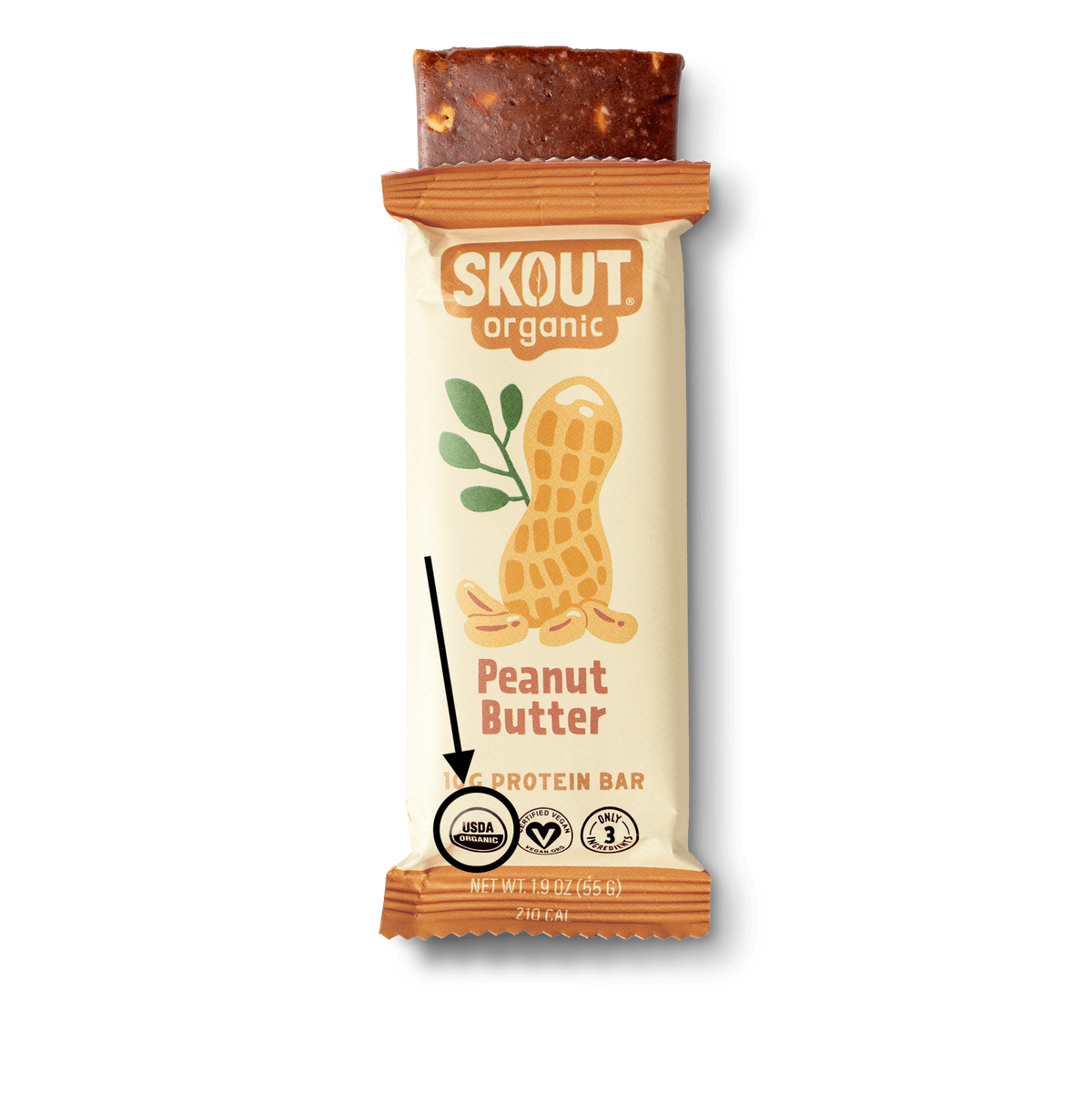
We recommend a bar that is USDA certified Organic. Some bars will claim "made with organic ingredients" but when you read the ingredient label, 70% of their ingredients are organic and the other 30% are conventional. Don't be fooled by the word Natural which is virtually unregulated.
The Cornucopia Institue:
"The USDA organic seal indicates that a specific product was produced without toxic pesticides, insecticides, or herbicides, and processed without potentially harmful chemicals, an assertion that is government-regulated and third-party certified."
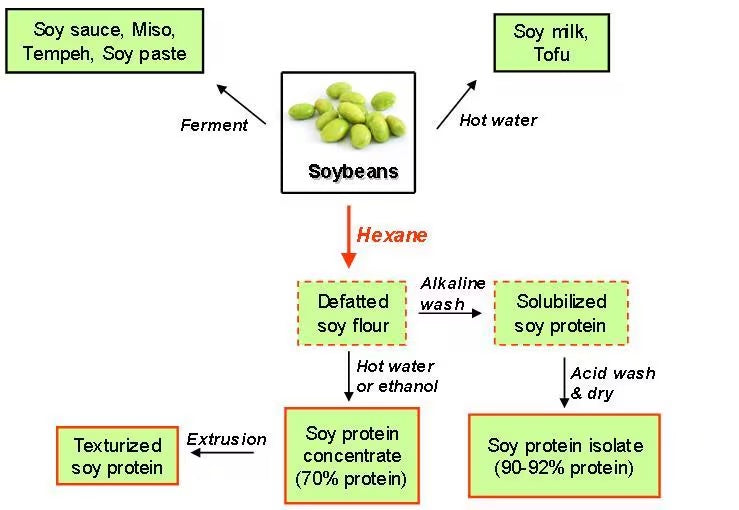
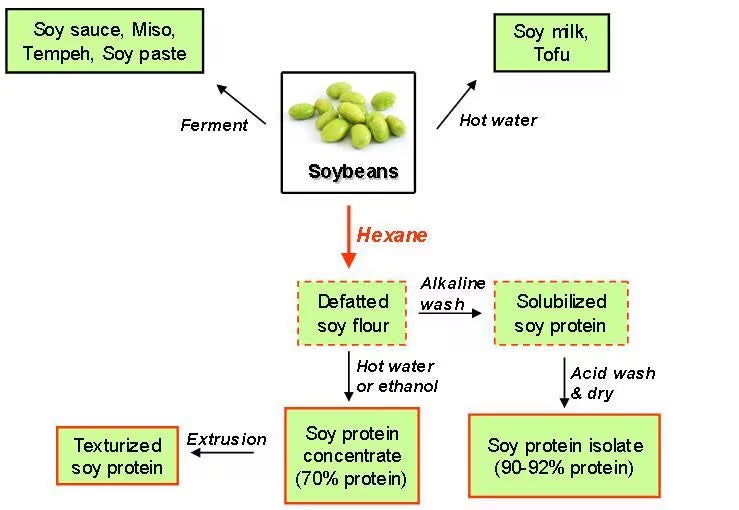
A lot of bars will use proteins that are heavily processed with the neurotoxin solvent hexane, such as conventional soy protein isolate or soy protein concentrate.
The Cornucopia Institue:
"Pea, whey, and soy protein isolates are conventionally processed with synthetic solvents like hexane that can remain in the food after processing. Protein isolates are a cheap way to increase the protein content of bars, rather than using more expensive whole foods, such nuts and seeds. "
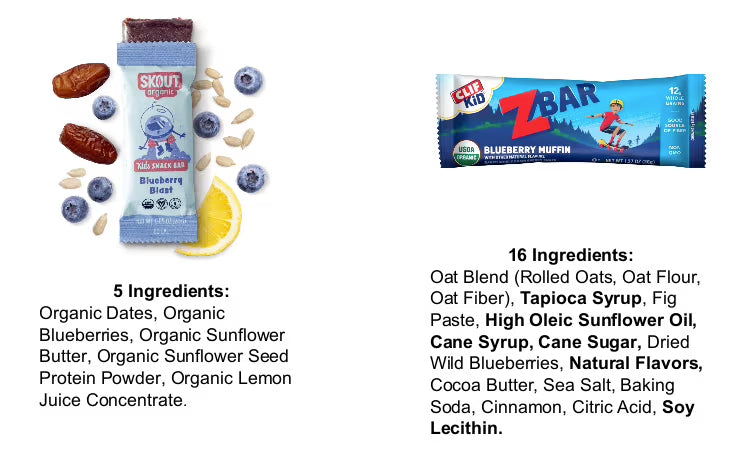
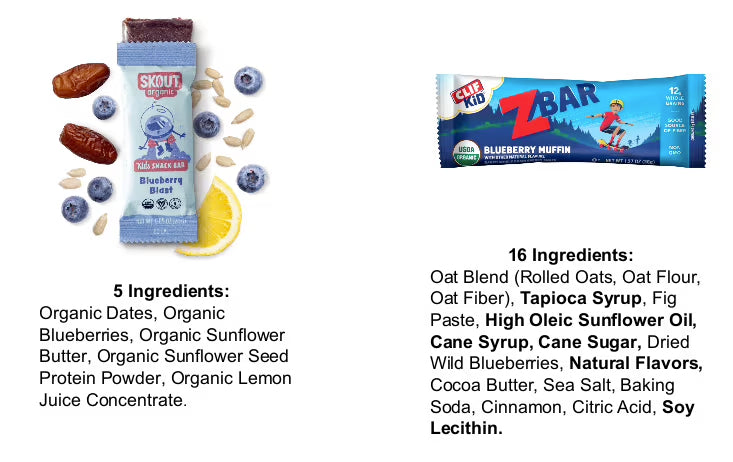
When looking at an ingredient label, less is more. Look for a short ingredient list made up of organic whole foods. A good rule of thumb, if you can't pronounce it then you probably want to avoid
it.
The Cornucopia Institue:
"The majority of mass-market bars contain long ingredient lists with unfamiliar chemical names. In contrast, certified organic bars have far fewer and much simpler ingredients that are, in many cases, nutritious whole foods."
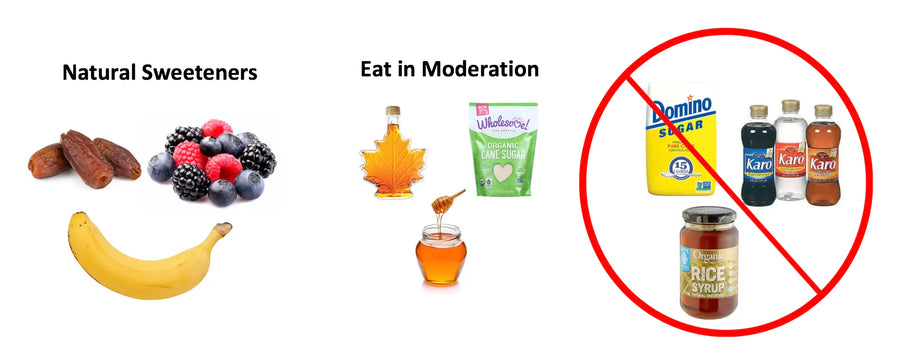
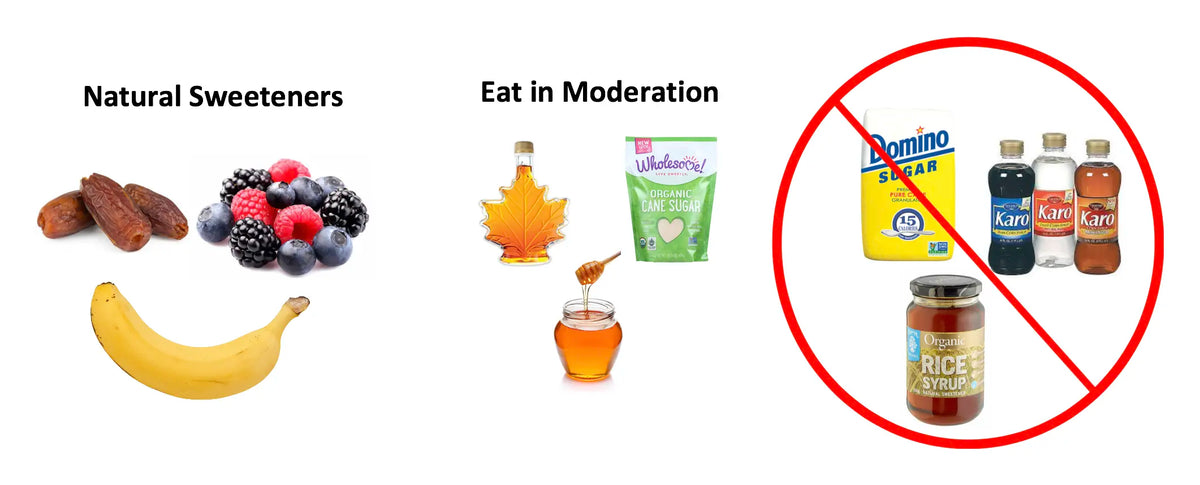
Avoid bars that use processed sweeteners such as high fructose corn syrup, brown rice syrup, and other non-organic refined sugars. Look for bars that are sweetened using organic dried fruits which provide natural sweetness, antioxidants, vitamins, and fiber. If you are going to choose a refined sugar option we suggest Organic Cane Sugar, honey, or maple syrup.
The Cornucopia Institue:
"Organic cane sugar, honey, and maple syrup are better than artificial sweeteners or refined non-organic sugar. However, for the healthiest choice, bars should only contain naturally sweet whole foods like dried fruit with naturally occurring antioxidants, vitamins, and fiber. At a minimum, be aware of the high sugars found in some nutrition bars and treat them as a dessert."
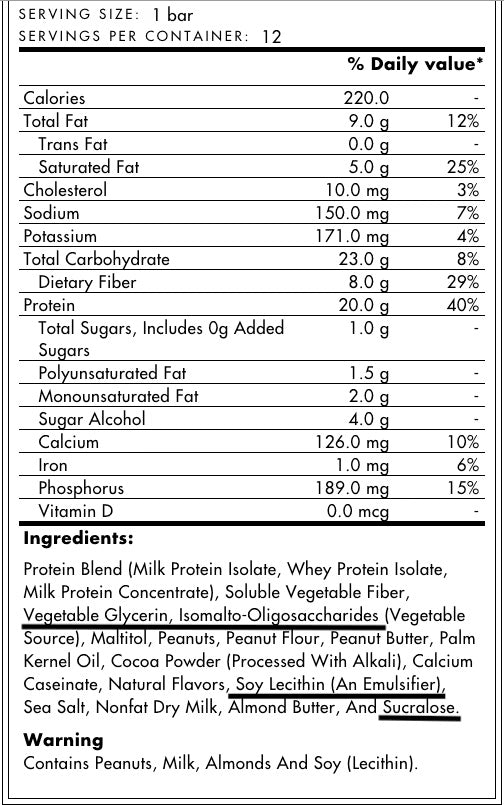
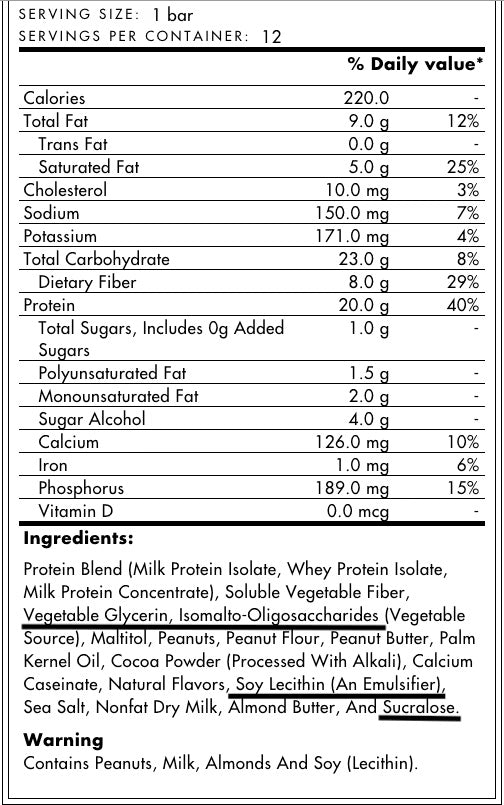
The most common preservatives you'll find in bars are hydroxytoluene (BHT) and butylated hydroxyanisole (BHA) which have known negative health effects such as; liver and thyroid problems, lung function, and blood coagulation. Other common ingredients you'll see in bars are emulsifiers and gums such as; sorbitan monostearate, xanthan gum, carrageenan, acacia gum, and guar gum. These gums and emulsifiers are unnecessary fillers and are know inflammatory agents.